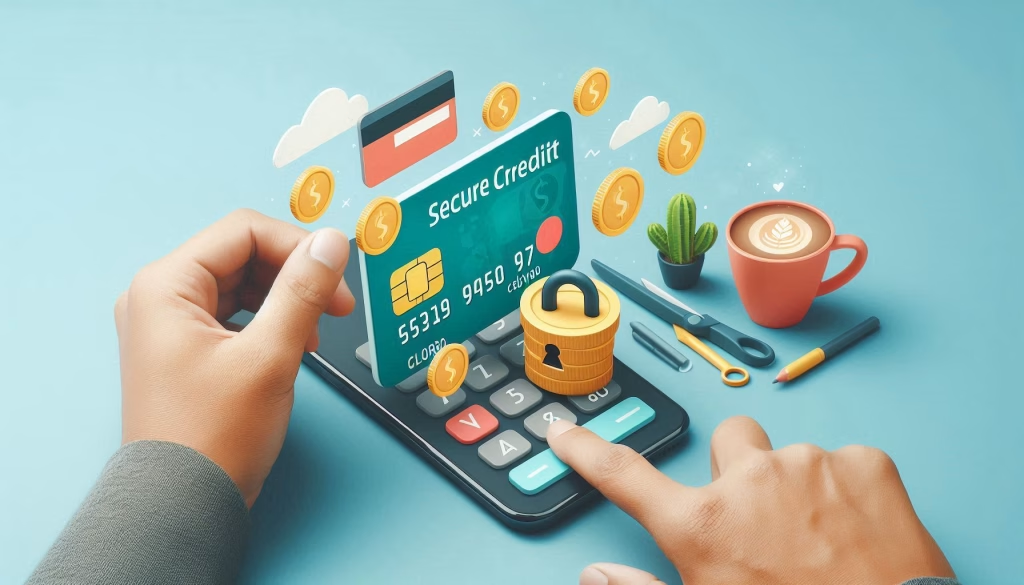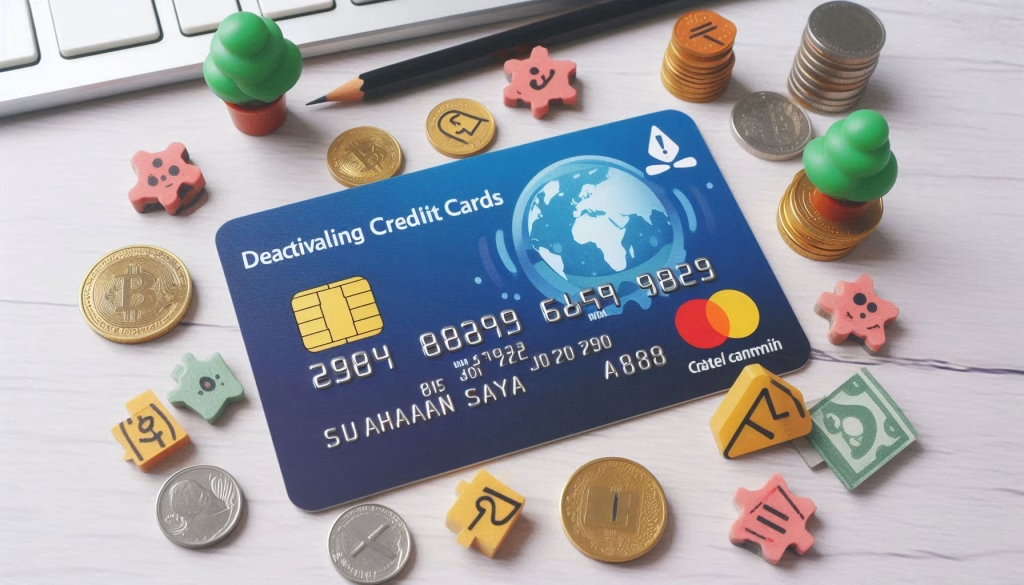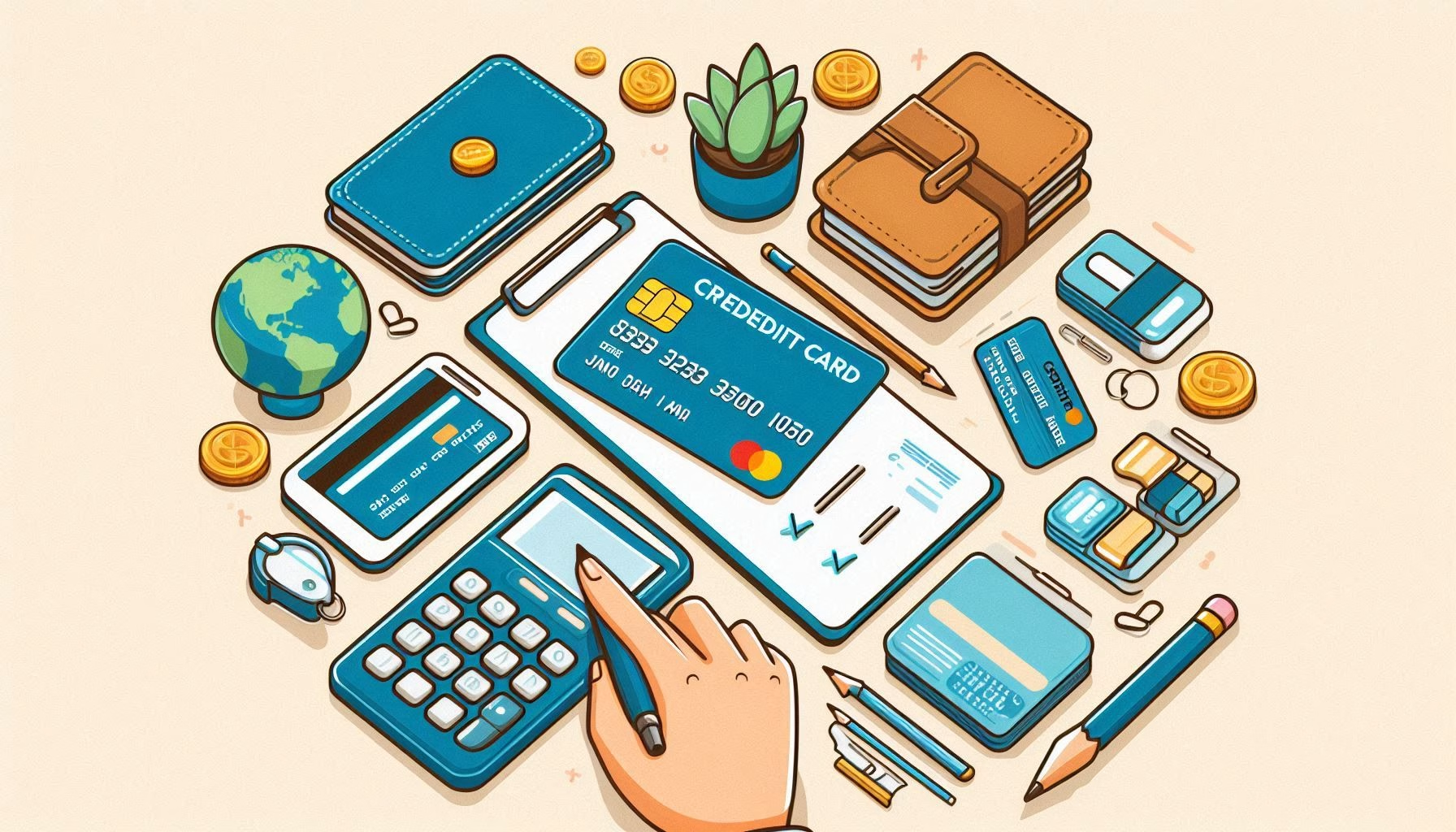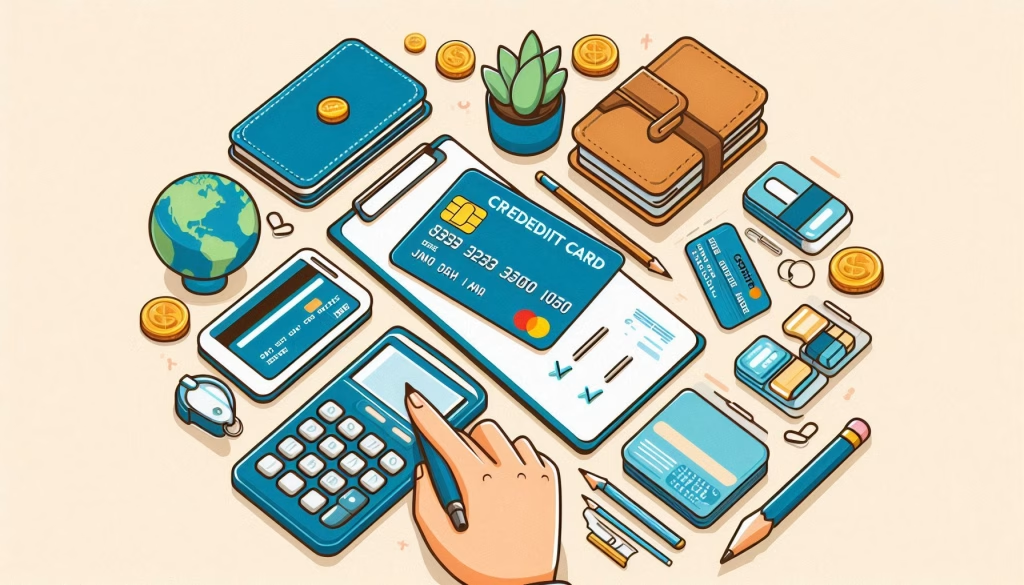Table of Contents
Overview
Certainly, the availability of credit cards greatly simplifies the process of making payment transactions for their holders.
Nevertheless, some individuals struggle with prudent expense management and find it challenging to restrain their shopping habits, whether online or in-store, through the use of credit cards. This lack of control can lead to an inability to pay off accumulating bills.
Consequently, they chose to close their credit card account to escape the incoming debt, naturally after settling all outstanding bills. Below are seven methods to close a credit card account.
How to Close a Credit Card

How to Close a Credit Card No.1
InsuranceWhat.com
Pay off all bills
Before you decide to close your credit card account, ensure that all outstanding bills and previous transactions have been paid.
Upon noticing several bills and transactions on the credit card, it is advisable to settle them promptly with the issuing bank.
Therefore, closing your credit card will be more straightforward since you no longer have any debt with the respective bank.
How to Close a Credit Card No.2
InsuranceWhat.com
Pay the Annual Fee
It’s important to pay not only current bills but also annual fees. If not, the unpaid annual fees will accumulate and turn into new debts, which will undoubtedly impact your credit score.
Although it may not be the time for the annual fee payment, it is still required because your credit card has entered the current annual period. Therefore, remember to settle the credit card fee promptly.
How to Close a Credit Card No.3
InsuranceWhat.com
Calling the Issuing Bank
Once you decide to close your credit card account, you should contact the issuing bank. Calling the bank facilitates the process of asking questions, as customer service typically operates 24 hours a day.
Certainly, you may call whenever necessary. Seek information and procedures about the effective date for closing a credit card, inquire about the essential documents required, and understand the data collection process to ensure you do not receive any future bills.
How to Close a Credit Card No.4
InsuranceWhat.com
Check Related Documents
Understanding the effective date for closing a credit card, the various procedures involved, and any additional fees associated with the closure indicates readiness and comprehension, which naturally facilitates the subsequent steps.
How to Close a Credit Card No.5
InsuranceWhat.com
Revoke Automatic Payment Access
If you possess a credit card, it’s crucial to be aware of which online and offline stores offer automatic payment features that simplify the shopping experience, such as purchasing discounted items with a credit card.
Remember, if you’ve made purchases and accessed services at the relevant stores, be sure to disable the automatic payment feature.
Before engaging in such transactions, it’s wise to keep a record of the stores where purchases have been made. This way, when the time comes to close a credit card, there won’t be any confusion. Additionally, gathering paper payment receipts from the stores is also advisable.
How to Close a Credit Card No.6
InsuranceWhat.com
Request Written Evidence
Requesting a written confirmation letter from the issuing bank is another method to close a credit card account. Obtaining this letter is crucial to prevent any potential issues in the future.
If the bank unexpectedly charges you, either through a phone call or by sending a letter, simply visit the bank and present this written confirmation letter. It will confirm that you have properly closed the credit card, giving the bank no grounds to pursue you.
How to Close a Credit Card No.7
InsuranceWhat.com
Use Reward Points
Before closing a credit card, it’s advisable to redeem all the reward points you’ve accumulated. Otherwise, if you have collected reward points and they remain unused, they may unfortunately be forfeited.
Each transaction made with a credit card will invariably generate reward points. Therefore, it’s crucial to verify their availability and utilize them before closing the credit card.
Tips for Closing a Secure Credit Card

Tips for Closing a Secure Credit Card No.1
InsuranceWhat.com
Don’t Cut the Credit Card to Close It
Cutting up credit cards is a common method people use when they intend to close their accounts. This action is often done under the assumption that it will “sever” the bank’s relationship with the customer. However, this action alone does not necessarily terminate the relationship.
Indeed, the bank possesses customer data from the credit card registration process. Therefore, the bank retains the ability to reach out to you if necessary, such as to extend an offer for a credit card again.
Cutting up your credit card can be a significant step, especially if you have outstanding bills, as it prevents further charges on the card, including those made through ATMs.
It is advisable to adhere to the aforementioned method for closing a credit card to prevent any new issues. Once the credit card is closed, it is wise to retain the card in case of any chargebacks to the credit card number.
Tips for Closing a Secure Credit Card No.2
InsuranceWhat.com
Don’t Close Many Credit Cards at Once
If you possess several credit cards and are considering closing some, it’s not advisable to close them all simultaneously. Doing so could financially burden you with numerous bills, annual fees, and interest payments.
When managing multiple credit cards, consider closing the one with the highest administrative fee first. Additionally, you might opt to close the most recently issued card. If you possess a credit card that does not charge administrative fees, prioritize keeping it open longer. Remember to retain the credit card that offers you the most benefits.

The Conclusion
Be Cautious When Deactivating Credit Cards
If you possess a credit card and are considering deactivation, it’s wise to deliberate carefully before making such a decision.
For instance, possessing a credit card may lead to increased consumption and unnecessary spending, inevitably resulting in higher bills to be paid later on.
In that case, closing the credit card may be a wise decision to prevent further complications. Thus, it is crucial to reconsider your choice carefully before deciding to close it.
Do you think you have other ideas about How to Easily Close a Credit Card: Tips and Tricks? You can comment and share your thoughts below, or discuss more in the InsuranceWhat Forum. Also, read more articles about GLOBAL INSURANCE or other interesting insurance topic articles only at InsuranceWhat.com.





